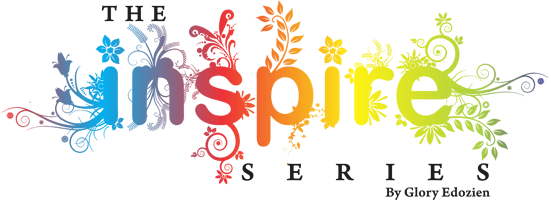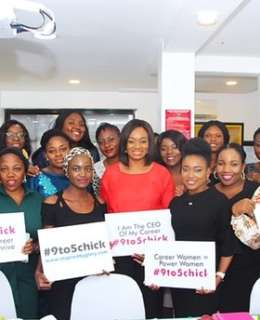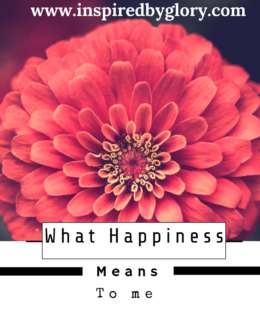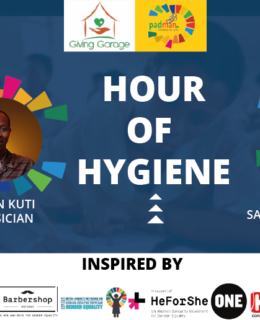By J.N. Salters
They say the first step to recovery is admitting the problem…
I have a love-hate relationship with my snooze button. It is both a reminder that I have something to do and that I probably don’t have the energy needed to do it. I have been majorly depressed for as far back as my memory will take me. Getting out of bed has often required more effort than I am able to exert. There are days that I have to talk myself into showering and going outside. Other times I lie in the same spot for hours, angry with myself for not having the motivation to move. What is wrong with you? You are supposed to be a Strong Black Woman. There is no time for weakness.
It has taken me years to openly talk about living with depression and even longer to not feel guilt or shame for needing pills to feel content at best. Growing up, I was taught that black people do not suffer from mental illness. Like HIV, depression is a “white thing.” For them, it may be a mental disorder, but for us, it’s just a sign of weakness (and part of a long history of black people using silence and shame as survival techniques and proof of our humanity, all the while failing to acknowledge that it is these same practices that keep us in pain and oppressed). Us black people, we learn early on, come from a lineage of strength and resilience. We are Negro-spiritual singing warriors. We shall (and always do) overcome. We are taught that we do not commit suicide nor do we need psychotherapy or antidepressants or alternative therapies. All we need to do is hold on to our faith, learn to “get over” things, put bandages on our unhealable wounds and pretend that our problems have disappeared.
How long will it take, how many lives, before we collectively acknowledge that wounds leave scars and that some of the most fatal wounds are not those that are visible on the outside, but the ones that make us bleed internally?
These past two or three years I have met dozens of people with depression who publicly discuss living with the mood disorder (perhaps because I am older and in graduate school, a place that some studies and many students insist drastically impairs mental health). The people in these conversations are generally white, middle to upper-middle class, and have been seeing therapists since before I even knew what therapy was. While I find comfort in these newfound networks, I am still left without people who fully grasp the combined effects of particular historical and cultural circumstances and lived experiences on psychiatric disorders.
Sometimes I wonder about all the other black girls and women left alone to cope with their own psychological wounds. Those with chemical imbalances, those with trauma-induced depression, those contemplating (and committing) suicide, all of us expected to adhere to a cluster of conditions that comprise “Strong Black Woman” syndrome. As black women, we are expected to be strong and self-sacrificing, independent and dependable, the mules and donkeys of the world — essentially nonhuman. What about those of us incapable of effortlessly acting out these cultural scripts? What about those of us in need of support systems, therapy, medication, understanding? What about those of us who are tired?
I cannot speak for all black women, but I am tired of concealing my wounds out of fear and shame, of taking on everyone else’s problems at the expense of my own physical and mental wellbeing. I am tired of keeping quiet about my sadness, energy loss, feelings of worthlessness, and the oversleeping because I am afraid that I will wake up and still be in pain. Silencing our hurt will not heal us. Depression is killing us, more rapidly than we’d like to admit, along with Strong Black Woman syndrome. It is time that we air out our toxic laundry and acknowledge that black women are not shatterproof. We too get tired and we too can break.
For more posts on mental illness, see our interview with Bassey Ikpi discussing mental health in Nigeria, here.
This article was originally published on huffington post.com and can be found here






Leave a Reply